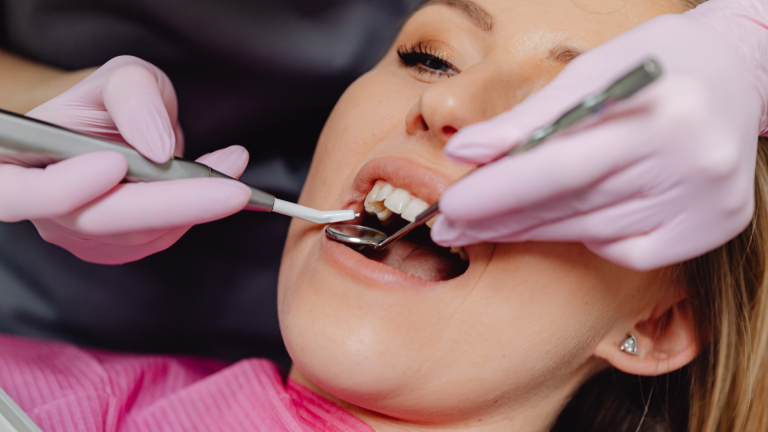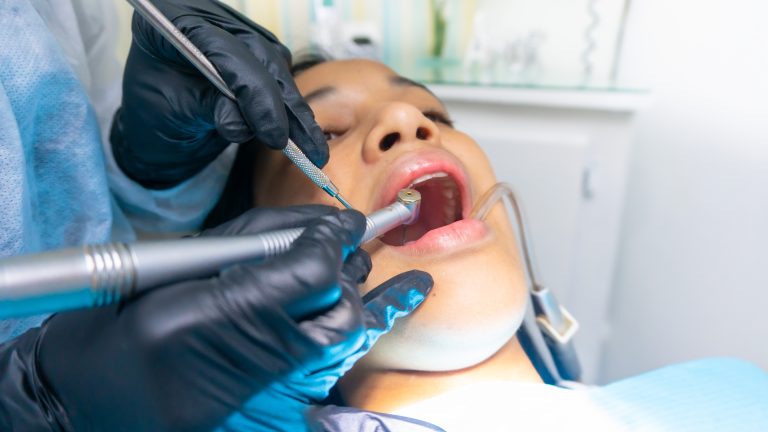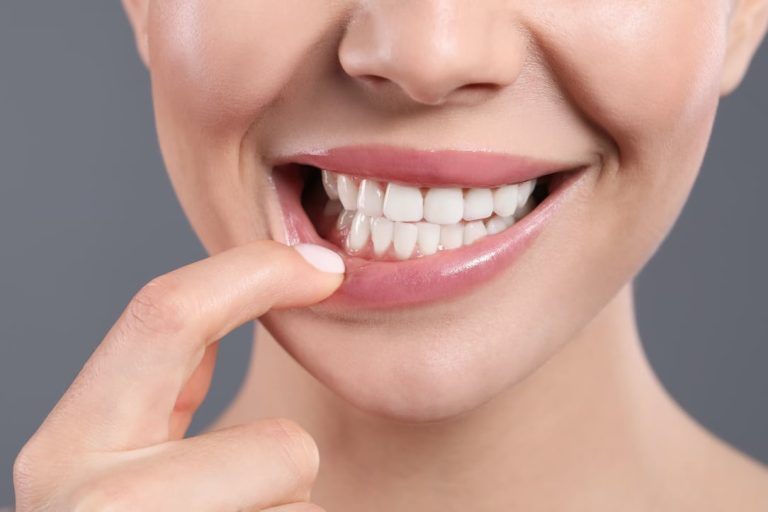Wisdom teeth, also known as third molars, are the last teeth to erupt in the oral cavity. While some individuals have no issues with their wisdom teeth, many people experience complications that require their removal. At City Dental, a leading dental practice in lower Manhattan New York City, we prioritize the oral health and well-being of our patients. In this article, we will discuss six common signs that indicate your wisdom teeth may need removal. Recognizing these signs can help you seek timely dental intervention and prevent potential complications.
- Pain and Discomfort
One of the most noticeable signs that your wisdom teeth may need removal is pain and discomfort in the back of your mouth. This pain can be intermittent or persistent and may radiate to the surrounding areas, such as the jaw and ear. If you experience recurring pain in the back of your mouth, it’s essential to consult a dentist for a thorough examination.
- Gum Inflammation and Swelling
Wisdom teeth eruption can cause gum inflammation and swelling. The gums around the area may appear red, swollen, and tender to the touch. In some cases, an infection called pericoronitis may develop, which can lead to more severe symptoms such as pus discharge, difficulty in opening the mouth, and a foul taste or odor. To prevent this from having, proper care of gum is crucial.
- Jaw Stiffness and Limited Mouth Opening
As wisdom teeth begin to erupt, they can exert pressure on the surrounding tissues and cause jaw stiffness. You may experience difficulty in fully opening your mouth or feel tightness in the jaw joint. These symptoms can indicate the need for wisdom tooth removal to alleviate the discomfort and restore normal jaw function.
- Crowding of Teeth
Wisdom teeth can exert force on the adjacent teeth, leading to crowding or shifting of the dental arch. If you notice changes in the alignment of your teeth or experience difficulty in maintaining proper oral hygiene due to overcrowding, it’s important to consult with a dental professional. They can determine if wisdom tooth removal is necessary to prevent further dental complications.
- Decay and Cavities
Wisdom teeth are located at the back of the mouth, making them challenging to clean properly. The presence of partially erupted or impacted wisdom teeth can create hard-to-reach areas where bacteria and food particles accumulate, increasing the risk of decay and cavities. If your wisdom teeth are causing recurrent cavities or if your dentist identifies decay in those teeth, removal may be recommended. Ideally, proper precautions should be taken to prevent tooth decay effectively.
- Sinus Problems
In some cases, impacted wisdom teeth in the upper jaw can cause sinus problems. The pressure from the erupting teeth can result in sinus pain, congestion, and recurring sinus infections. If you experience frequent sinus issues and your dentist suspects a correlation with your wisdom teeth, removal may be necessary to alleviate the sinus problems.
- Cysts or Tumors
In rare cases, wisdom teeth can develop cysts or tumors. These growths can cause damage to the surrounding teeth, jawbone, and nerves. If your dentist detects the presence of cysts or tumors during a dental examination or through dental imaging, the removal of the affected wisdom teeth may be recommended to prevent further complications and promote overall oral health.
- Difficulty in Cleaning
Wisdom teeth are located at the back of the mouth, making them difficult to clean properly. Their position and limited accessibility make it challenging to brush and floss effectively, leading to an increased risk of plaque buildup, tooth decay, and gum disease. If you find it challenging to clean your wisdom teeth adequately despite diligent oral hygiene practices, it may be an indication that their removal is necessary to maintain optimal oral health.
Conclusion
Recognizing the signs that your wisdom teeth may need removal is crucial for maintaining optimal oral health. If you experience pain, gum inflammation, jaw stiffness, crowding of teeth, decay, cavities, or sinus problems related to your wisdom teeth, it’s advisable to consult with a dental professional. At City Dental, our skilled team is dedicated to providing personalized dental care and helping you make informed decisions about your oral health. For the service of the best dentists in lower Manhattan area, contact us today for a comprehensive evaluation and expert advice on wisdom tooth removal.






